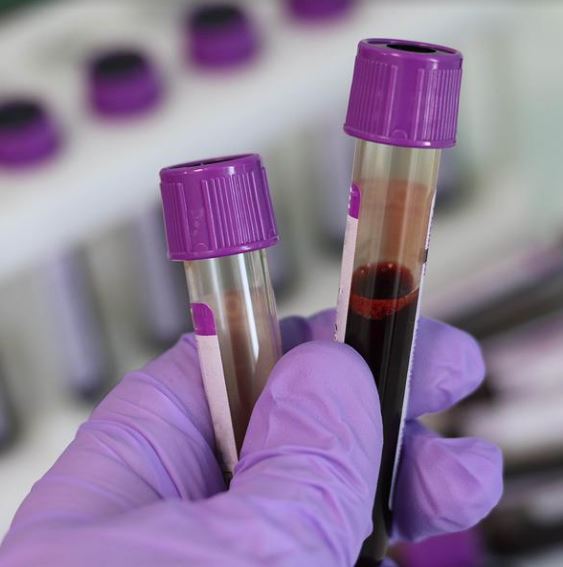Millions of people worldwide are affected by neurodegenerative disorders. The two most prevalent neurodegenerative illnesses are Alzheimer’s disease and Parkinson’s disease. Alzheimer’s disease (AD) is a neurodegenerative condition that progressively destroys brain cells and causes brain atrophy. It is the commonest cause of dementia. There is a steady deterioration in cognitive, behavioral, and social abilities that impairs one’s capacity for independent functioning. Despite the fact that there are numerous genetic and environmental risk factors connected to the development of Alzheimer’s disease, its origin is not well understood. Only the results of an autopsy can provide a conclusive diagnosis of Alzheimer’s disease. In the absence of an autopsy, it is only diagnosed when people display well-known symptoms, like memory loss. Treatment options mainly slow the progress of the disease. Although clinical assessment of symptomatic individuals is the primary method of premortem AD diagnosis, there is interest in developing novel biomarkers to give earlier and more precise diagnoses.

Blood Test
Read Also: Alzheimer’s Disease: MIT Study Shows How Tau Protein Tangles Form
Toxic Amyloid-peptide oligomers cause AD.
Recently, some studies have shown that precursors of the disease are contained in the blood, which leads to the manifestation of the disease years later. A team of scientists at the University of Washington carried out an experiment that resulted in the development of a test called soluble oligomer binding assay (SOBA) that can detect this precursor early enough. They discovered toxic Amyloid -peptide (A) oligomers, which are one of the first occurrences in Alzheimer’s disease molecular pathogenesis. It is thought that these processes start 10 to 20 years before the onset of symptoms, and their downstream effects include poor neural signaling, neuroinflammation, tau phosphorylation, and neurodegeneration. SOBA takes advantage of the special characteristics of the toxic protein. In an enzyme-linked immunoassay (ELISA) method, SOBA specifically targets toxic oligomers by using peptides whose structure matches that of the toxic oligomers. When clumped together, the alpha sheet in SOBA mimics the one in amyloid-peptide. The synthetic protein in SOBA binds to the ones present in the blood or cerebrospinal fluid.
Read Also: Alzheimer’s Controversy: Have Scientists Gotten It All Wrong?
310 research participants, whose blood samples and parts of their medical information had previously been provided for Alzheimer’s research, were used. All experimental protocols were duly observed. Patients on the AD spectrum, including controls who later developed mild cognitive impairment, were discovered by SOBA to have toxic oligomers. Additionally, SOBA was 99% sensitive and specific in detecting AD compared to other types of dementia, according to clinical and neuropathological diagnosis. In the study, the scientists also demonstrated how SOBA was easily adaptable to identify toxic oligomers of a different kind of protein linked to Parkinson’s disease and Lewy body dementia.
Clinical significance
This novel method proves really useful in the therapeutic management of Alzheimer’s disease. SOBA may help in identifying those who are at risk or harbor the disease. Drugs that specifically target amyloid-peptide oligomers could be developed, halting disease progression.
Read Also: Early Symptoms of Alzheimer’s You Should Be Aware Of According to French Study
Conclusion
One of the most important health concerns of our day is Alzheimer’s disease. This study and numerous other studies may aid in the diagnosis and investigation of this illness as well as numerous other neurodegenerative disorders.
References
FEEDBACK:



